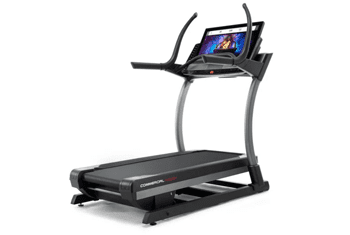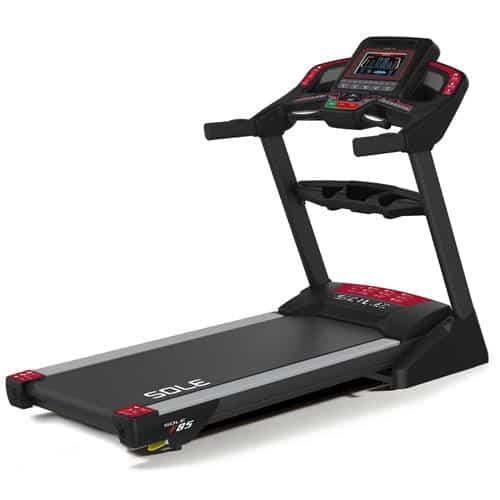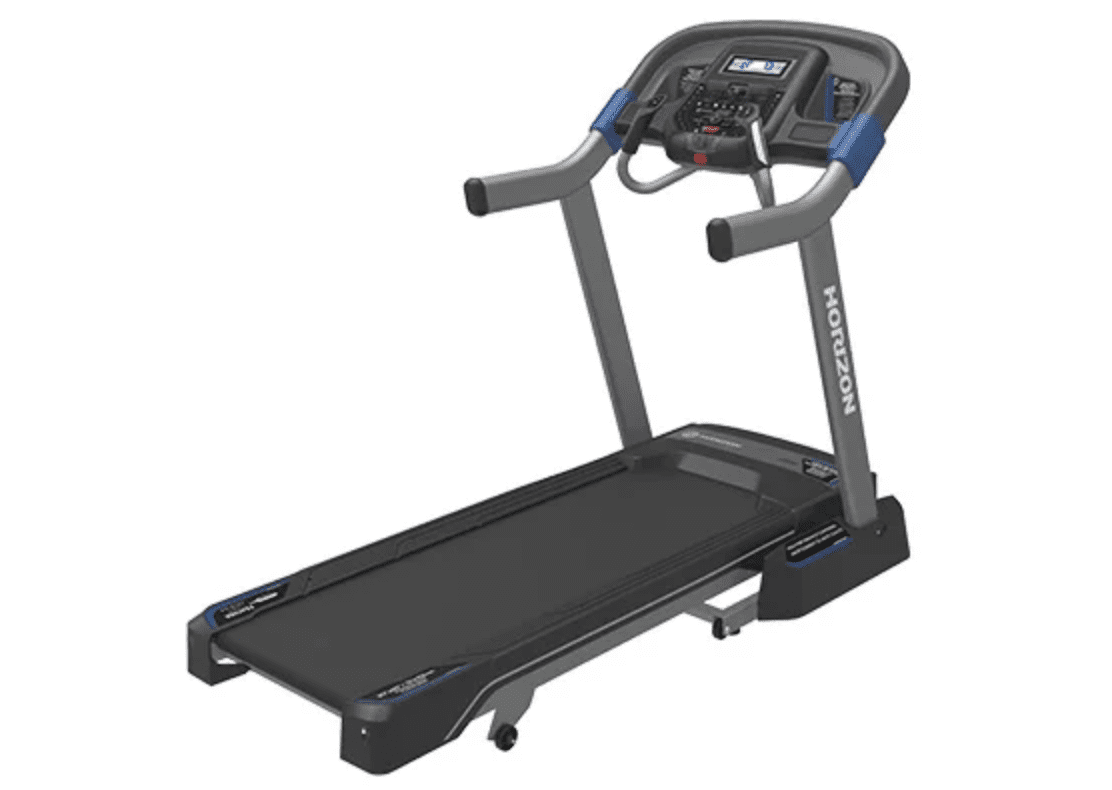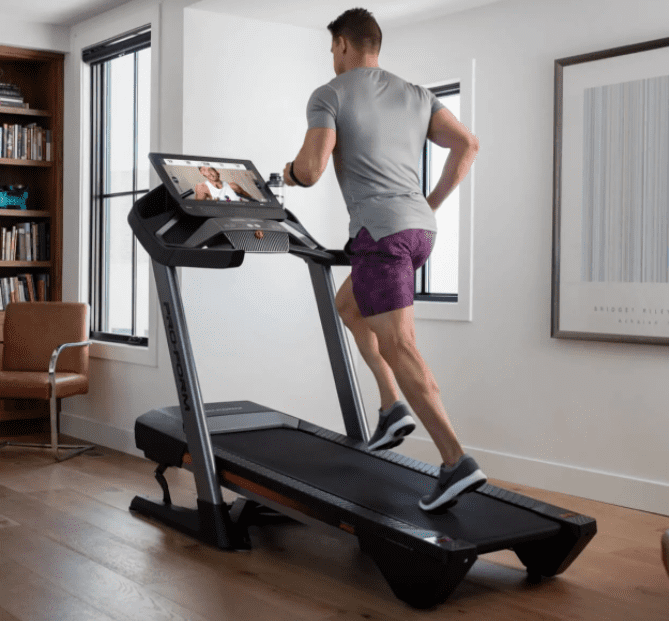Table of Contents
Ace Your Next Test With Your Running Shoes
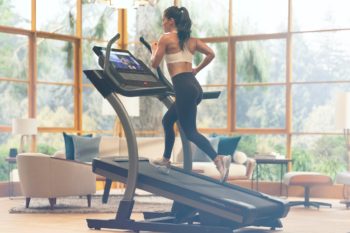
Looking for an in-home treadmill? Check out the NordicTrack Commercial x22i Incline Trainer
Running is great for every system in your body — from head to toe. This isn’t news. But did you know that running could help you get ahead at work or school?
It’s true. Whether you’re cramming for a test, getting ready for a big presentation or preparing for a public speaking engagement, running could be your secret weapon for success.
We’ve talked in the past about exercise helping aging adults activate the memory centers in their brains. Then, there’s the importance of “flexing your brain” with exercise to keep it in top form for longer.
However, studies show that regardless of age, running can help you with memory retention when you’re preparing for an event that requires memorization.
Run Your Way To Perfect Test Scores
We all remember cramming for tests in school and hoping we’re able to recall what we learned the next day. Or studying to get the certification you need for that new promotion and hoping you don’t forget the answers.
This is where running is your secret weapon for making sure those facts and figures stay in your head for the next day.
A study performed at the University of Applied Sciences in Upper Austria tested the effects of running on memory retention. They compared running to a more passive activity after studying.

Results showed that the group that went running demonstrated the highest levels of memory retention. The team believes this is due to the physical stress that running places on your body.
When you run, the stress releases cortisol which is linked to memory retention in the brain. But cortisol is tricky, because it is released by both physical and psychological stress. Physical stress leads it to help with memory retention, while psychological stress can actually cause cortisol to impair our memories.
Therefore, it’s important to recognize that it is physical stress, specifically like when you go for a run, that helps the brain to remember things you’re putting in there.
It’s Not Just Your Brain That Retains Memory
It’s not just facts and figures that you need to remember though. While we may not think about it much, motor skills are actually something that we have to learn and retain in what we call, muscle memory.
Running can also help here too. A study performed at McGill University put the same theory to the test when it came to motor skills. Anytime you learn something new, from dancing to tightrope walking, your body has to learn to do the necessary things without stopping to think about them every step of the way.
The results of the study showed that even just 15 minutes of cardiovascular exercise helped increase brain connectivity and increased the retention of motor skills as muscle memory.
In addition, the team made another interesting discovery that can help us put this information to even better use.
The Importance of Sleep

When individuals exercised immediately after “cramming”, their memory retention was improved. However, they were able to recall the information even more accurately and quickly once they had a night’s worth of sleep.
That means if you want to make sure that information is really in there, go for a run after studying and then get a solid night’s sleep. You will be cementing that information in a part of your brain that is set up for what is known as longer-term memory recall.
Timing Is Everything
What about when you don’t have the time for a night of sleep because the presentation is in two hours?! You need the information available right away.
As it turns out there is still a way to put those running shoes to the task at hand. In this case, you’ll do things a little differently in order to put the information in your short-term recall.
A research team at the British Psycological Society wanted to see how exercising before and after learning affected memory retention. They ended up with some interesting results.
Their study told us what we already know and backed up the theory that exercising after learning was great for things you needed to know the next day or farther down the road.
However, if you need to learn something for a presentation in two hours, exercise first.
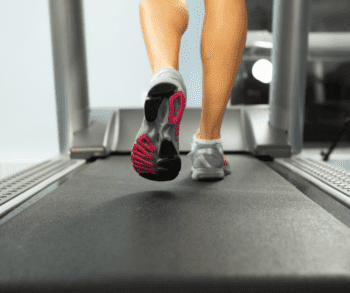
Next time you have a test to study for, or need to memorize a script for work, schedule some time for a run. Just be sure to schedule accordingly…if you procrastinate, it’ll make a difference. Just keep your trusty running shoes on hand to help you ace that next test.
Are you looking for a treadmill for your home so you can use running to your advantage? Check out some of our current “Best Buy Rated” treadmills so you can boost your memory, and your overall health!
NordicTrack x22i Commercial Incline Trainer
Sources:
https://www.sciencedaily.com/releases/2016/10/161019082543.htm Going for a run could improve cramming for exams: Elsevier; 2016
https://www.mcgill.ca/newsroom/channels/news/15-minutes-exercise-creates-optimal-brain-state-mastering-new-motor-skills-287952 15-minutes of exercise creates optimal brain state for mastering new motor skills: Katherine Gombay; 2018
https://www.sciencedaily.com/releases/2016/12/161213074341.htm Want to improve your memory? Go to the gym: British Psychological Society; 2016

